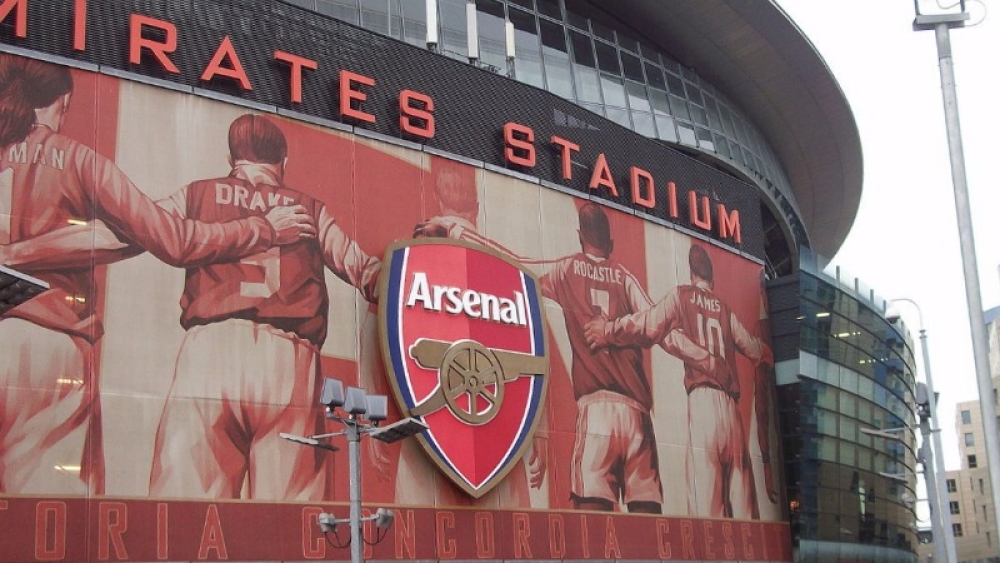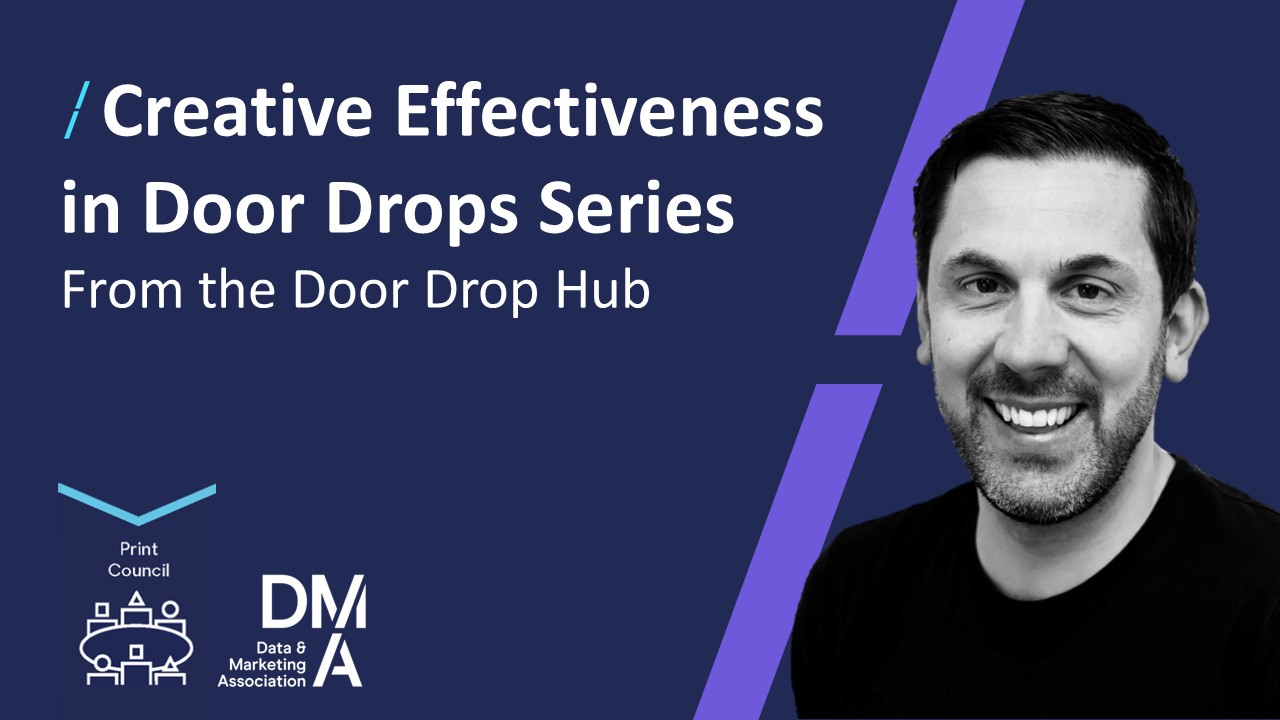The annual Deloitte Football Money League report for 2016 has just been published and it shows that Real Madrid and Barcelona are the richest clubs in the world - perhaps not surprising given the incredible talent they have playing for them and the trophies they have won
What, however, surprises me is that these clubs are effectively SME’s in their revenue and profit numbers (Real Madrid top the revenue charts with 577m euros) yet all the clubs in the report have access to the most enviable assets – assets that could potentially be far better exploited:-
- Their brands are known world-wide --- Real Madrid have c.400m supporters if you believe the voiceover to the Cloud advert; Manchester United have c.659m --- in fact they claim that a Manchester United match is of interest to 1 in 10 of the world’s 7bn population
- Watched on televisions everywhere --- the Premier League rights in the UK alone have been sold for £5.13bn over 3 years (£10m a game). That’s a country of c.64m people --- the combined populations of India and China is c2.6bn!
- Captive audiences --- a football match is 90 minutes long, then there is the warm up and after match reactions. The dwell time is staggering
Given these astonishing facts and figures - shouldn’t these clubs be generating more money and shouldn’t data be the key to unlocking it?
There is a famous baseball film called Moneyball in which Brad Pitt plays Billy Beane, the Oakland A’s GM who forensically uses computer data to draft players that the bigger clubs are missing and can pick-up for next to nothing. To be fair to the football clubs up and down the country, this is something that they have embraced and have data scientists pouring over the statistics with the single goal – to pick up the next Lionel Messi before anyone else sees him play.
However, data could and should be used to drive significant commercial opportunities.
Let me take my club – Arsenal. A respectable 7th in the Deloitte table of riches with 420m euros worth of revenues. An Arsenal fan since my father took me to my first game in 1979 (a drab 1-1 draw in the 3rd round of the cup against Sheffield Wednesday), I have contributed to the club’s revenues pretty much every year – whether that be buying apparel, buying tickets, watching matches on Sky & BT, bringing my son & daughter up as Arsenal fans (child cruelty I know).
Every year, I buy my son at least 2 kits – the home one and either the away or the third kit; I have his name placed on the back or that of Alexis Sanchez. I would buy more for him but the flagship Puma store in Carnaby Street doesn’t stock enough kit for small boys, this despite the fact that Puma spend c.£30m a year to have the rights to make the shirts and all the kit. I have written to the Puma CEO to explain that he is leaving money on the table which he acknowledged but still isn’t doing anything about.
My buying patterns are the same every year and what’s more I would gladly share personal information with my club should they want to collect it – information such as my mobile number; who else is in my family; their ages; when their birthdays are; who their favourite players are; whether I would sign-up for a content package to get the goals on a Saturday (I get to see them for free on Twitter). Imagine how much data could actually be collected on even a fraction of the claimed fans at Manchester United – an incredible cocktail of personalised data given by the fans themselves, overlaid with survey data on social media. It would be a marketer’s dream to have such riches – to then sub (sub) segment and run commercial, personalisation programmes to the fans.
Imagine a message to my phone ‘Hi Jonathan, the new kit is just about to launch and available in small boys. Would you like to buy it with Matthew written on the back and the number 10? By the way, we have a special deal on the shorts and socks....click yes and it will be shipped out for the first day of the kit launch’
Revenues from fans going to games won’t change a great deal over time (stadiums are already full) but there are people who don’t go to games both domestically and internationally who will gladly spend more on their club per year. Now that is really worth something and could be the difference between signing that world-class striker and winning the league or just missing out. Unfortunately, that is something that I have got used to as an Arsenal fan - think that's Arsene on the phone and I may just get a game this weekend against Spurs!






Please login to comment.
Comments